Berlin (AFP) – Publication of a major new United Nations report on climate change has been hampered by a battle between rich and developing countries over emissions targets and financial aid for vulnerable nations.
The report by hundreds of the world’s leading scientists was supposed to be approved by government delegations on Friday at the end of a week-long meeting in the Swiss city of Interlaken.
The deadline has been extended repeatedly as officials from big countries like China, Brazil and Saudi Arabia, as well as the United States and the European Union haggled over the weekend over the wording of key phrases in the text.
The report by the UN’s Intergovernmental Panel on Climate Change aims to cap a series on the massive amounts of research on global warming that have been collected since the Paris climate agreement of 2015.
A summary of the report was approved early Sunday, but three sources close to the talks told The Associated Press there was a risk that agreement on the main text might need to be postponed to a later meeting. They spoke on condition of anonymity due to the confidential nature of the conversations.
The extraordinary process of having countries sign a scientific report aims to ensure that governments accept its findings as reliable advice on which to base their actions.
At the start of the meeting, UN Secretary-General Antonio Guterres called on delegates to present “hard, hard facts.” To get the message across that there is little time left for the world to limit global warming to 1.5°C (2.7°F) compared to pre-industrial times.
While global average temperatures have already risen by 1.1°C since the 19th century, Guterres insisted that the 1.5°C target remains possible “with rapid and deep emissions cuts across all sectors of the global economy”.
Observers said the meetings of the Intergovernmental Panel on Climate Change have become increasingly politicized as the stakes are made to limit the increase in global warming, mirroring the annual United Nations climate talks that are usually held at the end of the year.
Among the thorny issues at the current meeting is how to determine which countries are considered vulnerable developing countries, making them eligible for cash from the Loss and Damage Fund. Agreed at the recent UN climate talks in Egypt. Delegates also sparred over figures for how much greenhouse gas emissions should be cut over the coming years, and how to include artificial or natural carbon removal efforts in the equations.
As the country that has released the most carbon dioxide into the atmosphere since industrialization, the United States has strongly opposed the idea of historical responsibility for climate change.
___
This story has been corrected for the United States, not the United Nations, in the third paragraph.

“Infuriatingly humble alcohol fanatic. Unapologetic beer practitioner. Analyst.”

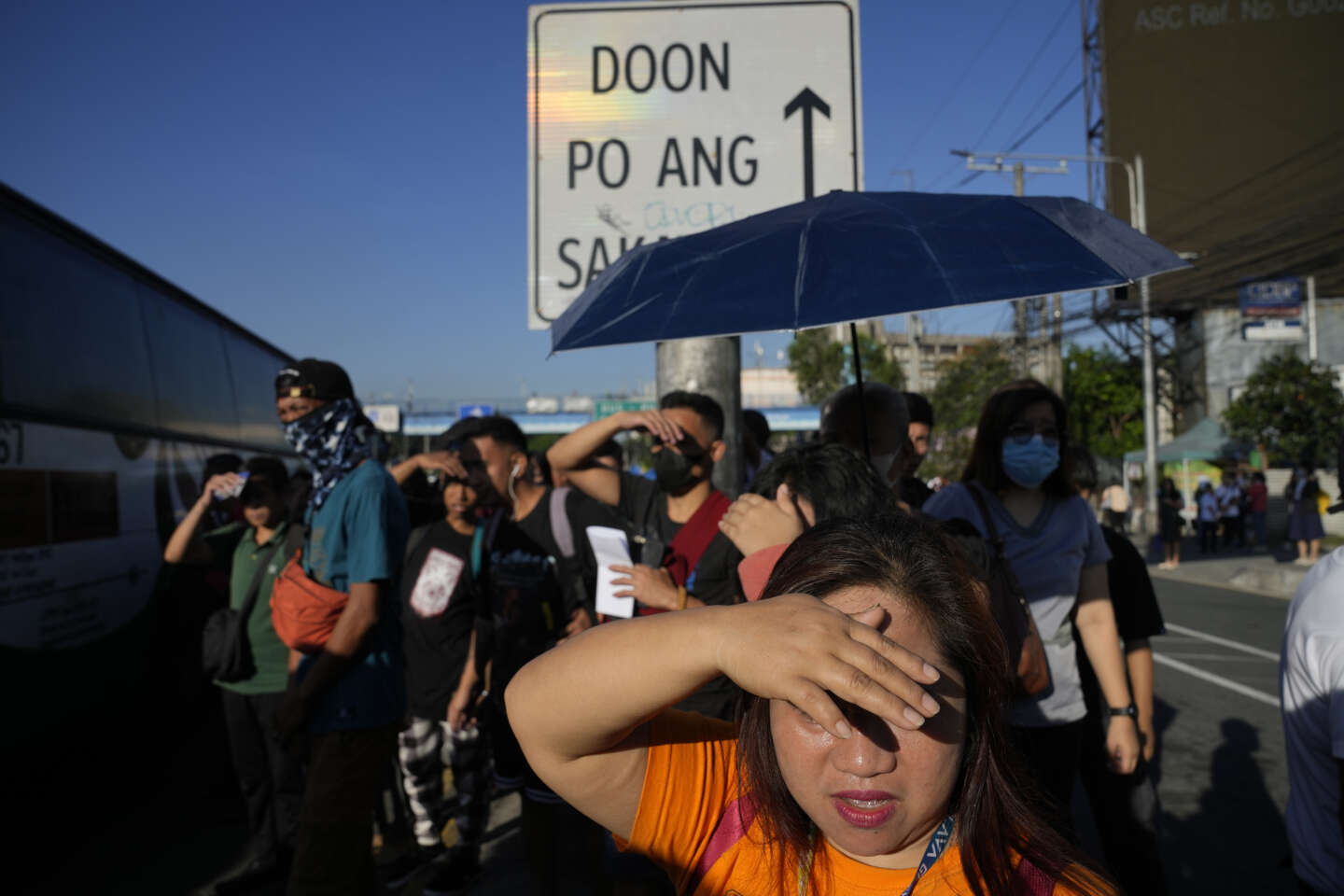
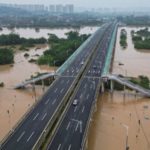
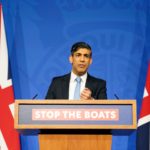
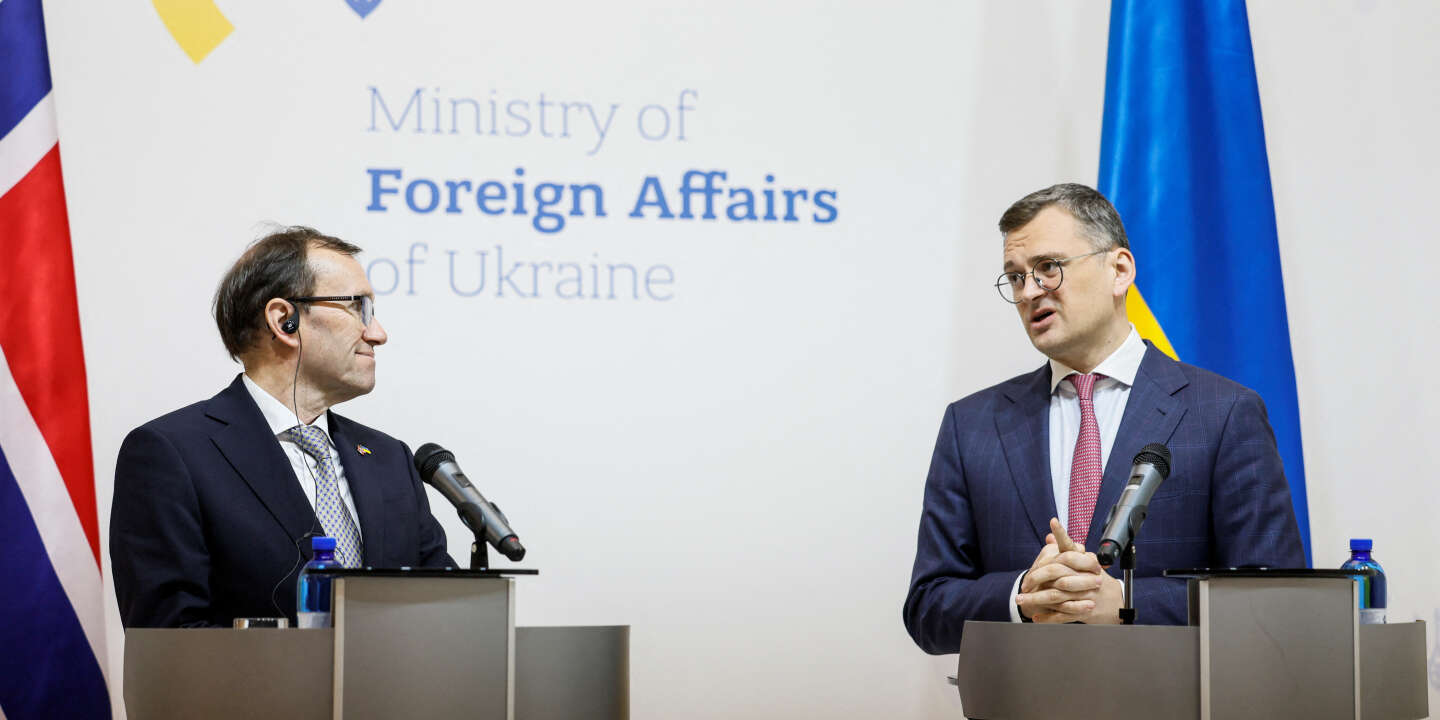

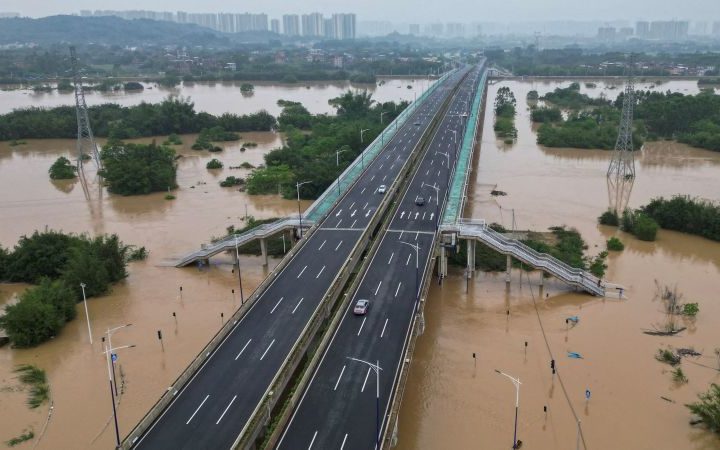
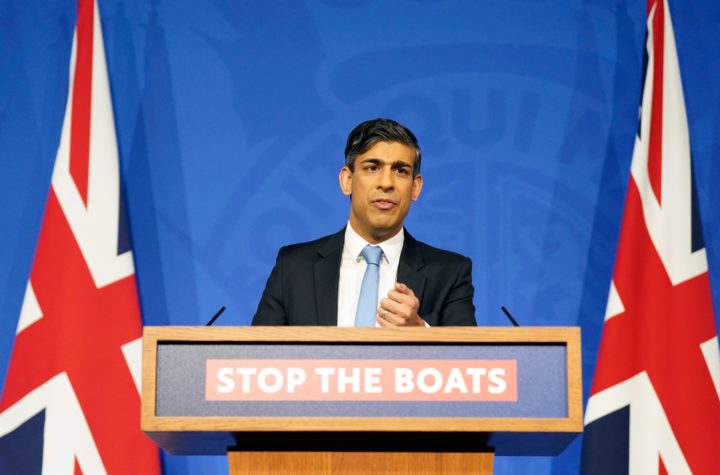
More Stories
Southern China: Massive floods threaten tens of millions due to heavy rains in the country
UK's Sunak promises deportation flights to Rwanda will start within 10-12 weeks | Immigration news
Israel planned a larger attack on Iran, but scaled it down to avoid war